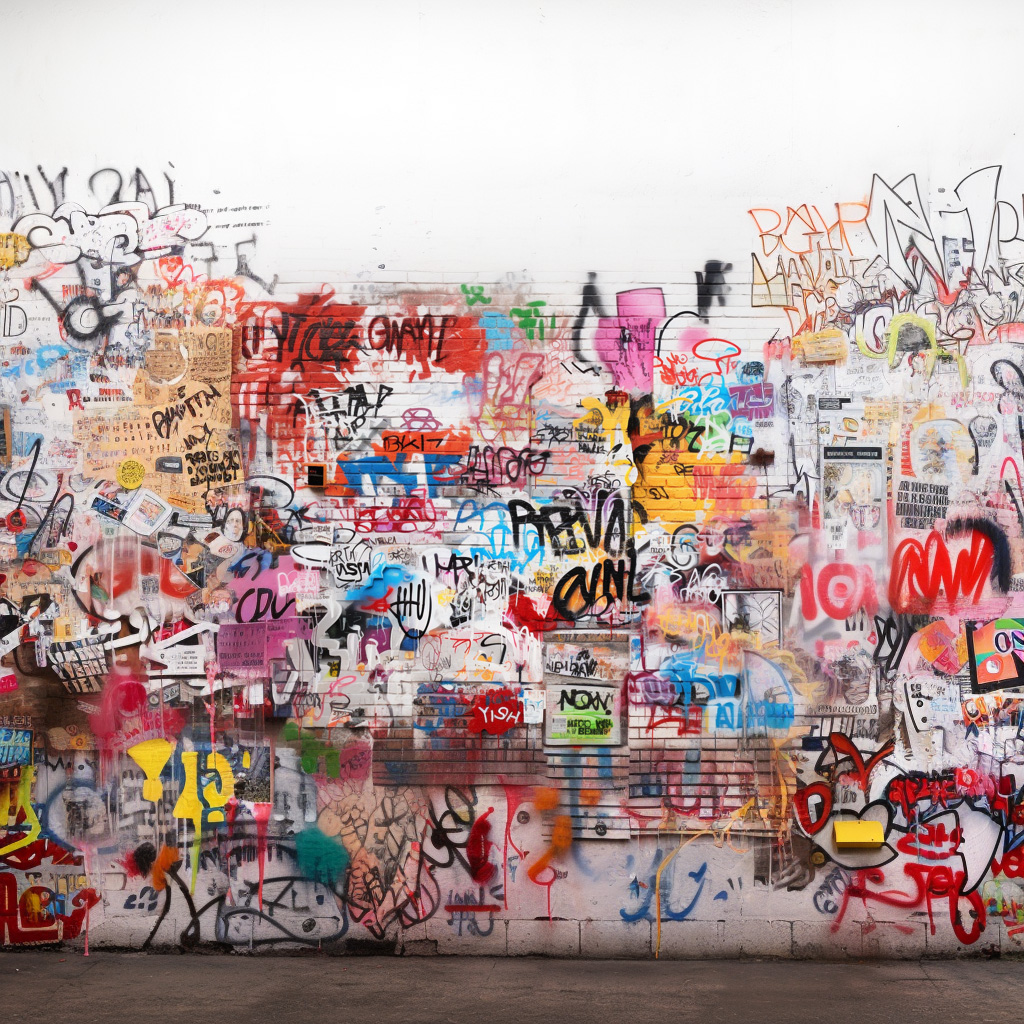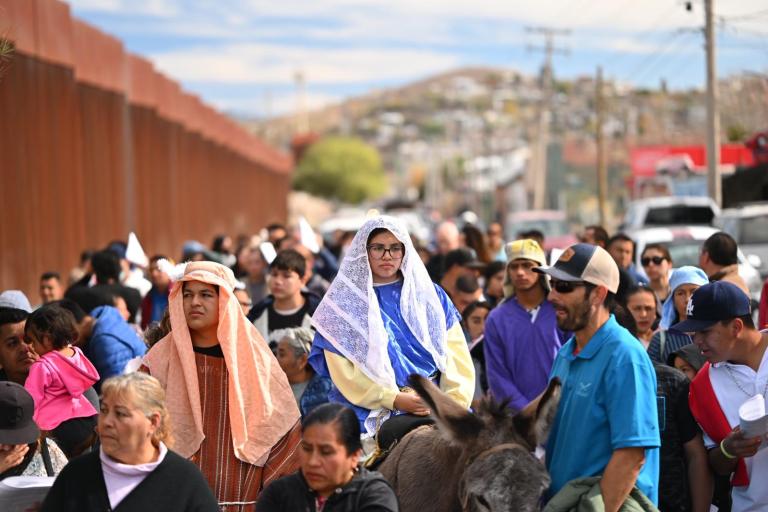interdependence
Guest blogger: Amy Nee
Last week I was invited to speak as a panelist at the National Religious Vocations Conference in Franklin, Ill., and offered this prompt: “Could you describe two key aspects of your faith life right now? In what ways do you feel called by God?”
Directly following that event I joined my community-mate and fellow beekeeper, Regina, in harvesting our first batch of honey from the two hives of bees we’ve been tending since early spring.

The fact that I would be sharing in the bounty of the bees after responding to that prompt seemed a coincidence of the providential kind. It shaped my answer. My relationship with the bees is part of my relationship with a farm, which is part of an experiment that arose from a growing desire to participate in healthy food-systems. That desire grew from a slow wakening realization that what we eat can be life-giving or destructive to both our bodies and the earth. My well-being is dependent on the well-being of the earth. The earth’s well-being is dependent on the quality of my relationship with it. Interdependence: a key aspect of my faith, and a calling.
I went to the conference with the egotistical assumption that I had a challenge for these religious men and women gathered to learn how to connect with youth. I would remind them of the gospel call to justice, attentiveness to the poor, relationships of nonviolence with neighbors, enemies and the earth. Before speaking I had the opportunity to join them for lunch. I learned of their various missions and ministry which ranged from immigration to prison to spiritual direction. They tended to a broad spectrum of needs, and reminded me of how quietly some serve, how necessarily they narrow their focus in order to live in accordance with the calling they’ve received.
The harvest is great and the laborers are few. I often find myself dwelling on this phrase that Jesus shared with his followers – whispering it resentfully when I see the work piled before me – whether it’s dishes to wash, weeds to pull, corrupt systems to confront or guests to serve – entertaining the idea that because no one is tackling the same task I am they are not heeding God’s call, not laboring in the field. The harvest is great indeed, extending beyond my own vision. If we all focused on the row of carrots, who would bring in the corn? If we all risked arrest to make a statement, who would prepare a meal for the hungry? If all were busy feeding, who would ask why they hunger?

I am almost painfully conscious of the way the many needs are weaved together: humanity’s poor health to the way we disrespectfully garner the energy of the earth; the accumulation of wealth to the deprivation of the poor; the obsession with security to the abuse of the other. I am conscious, too, that when I try to engage with every angle of these issues, I am stretched thin, little able to support the weight of each. Conversely, when I wear blinders that allow me to focus only on one angle, I am blinded from the intricate relationship between the part and the whole.
This is a lesson the Trinity is continually, quietly teaching – a whole is made of many parts – to be holy is to be whole. We depend on one another and on other living things. Every action we take affects the earth and those who inhabit it. We are one mystical body of interdependent parts. Any time we isolate ourselves, any time I am only Amy, only human, then I am diminishing other people and living beings and I am diminished; then I am not holy. What is actually me, wholly me, is also you, is also the colony of bees we’re sharing honey with, is also men indefinitely detained in Guantanamo, is also the soil that gives and receives life as the bodies of plants, animals and people rise from and fall to it.





Beautiful, thanks Amy